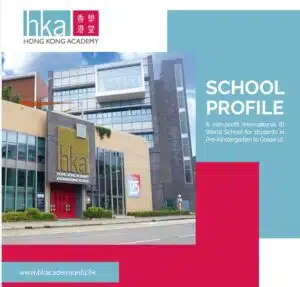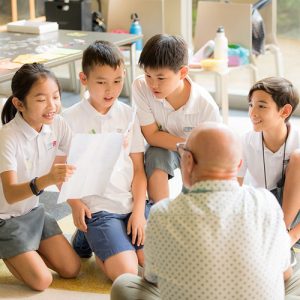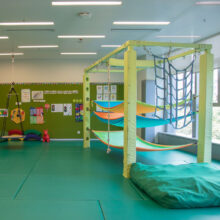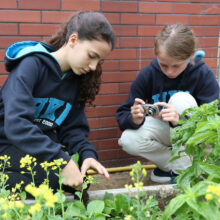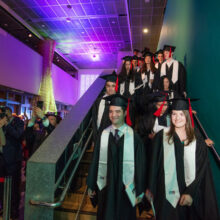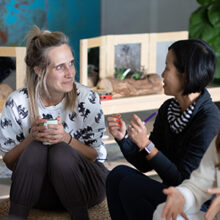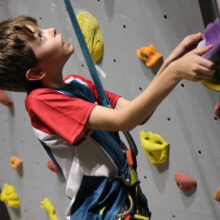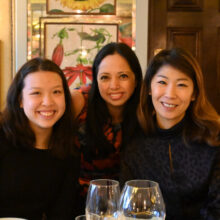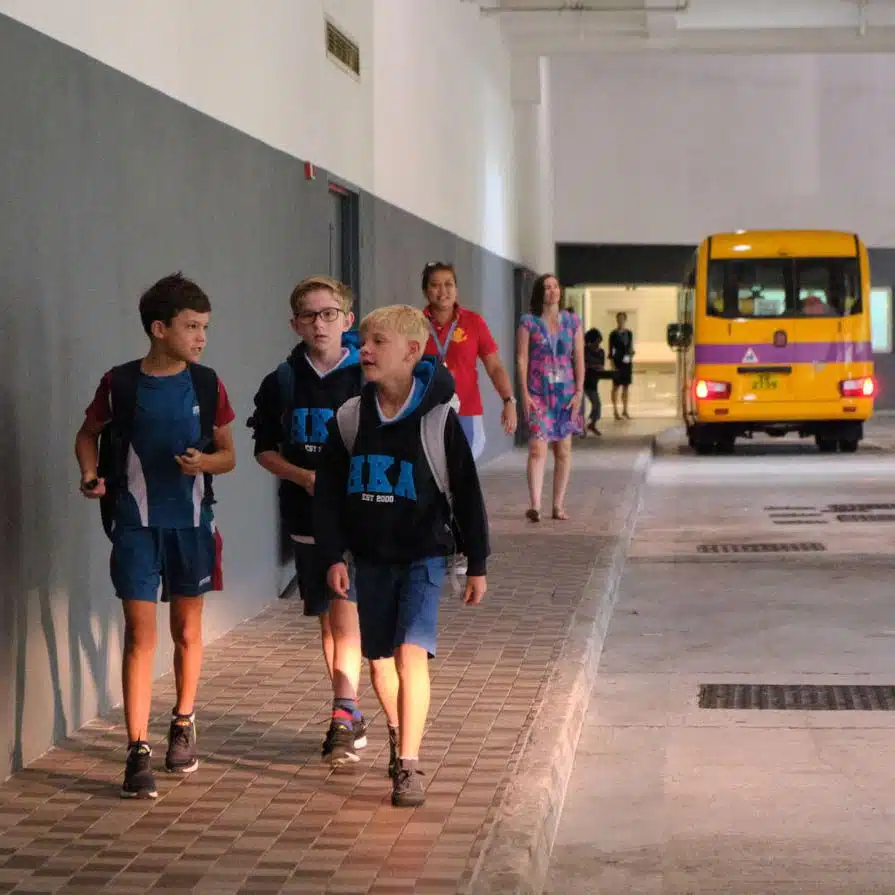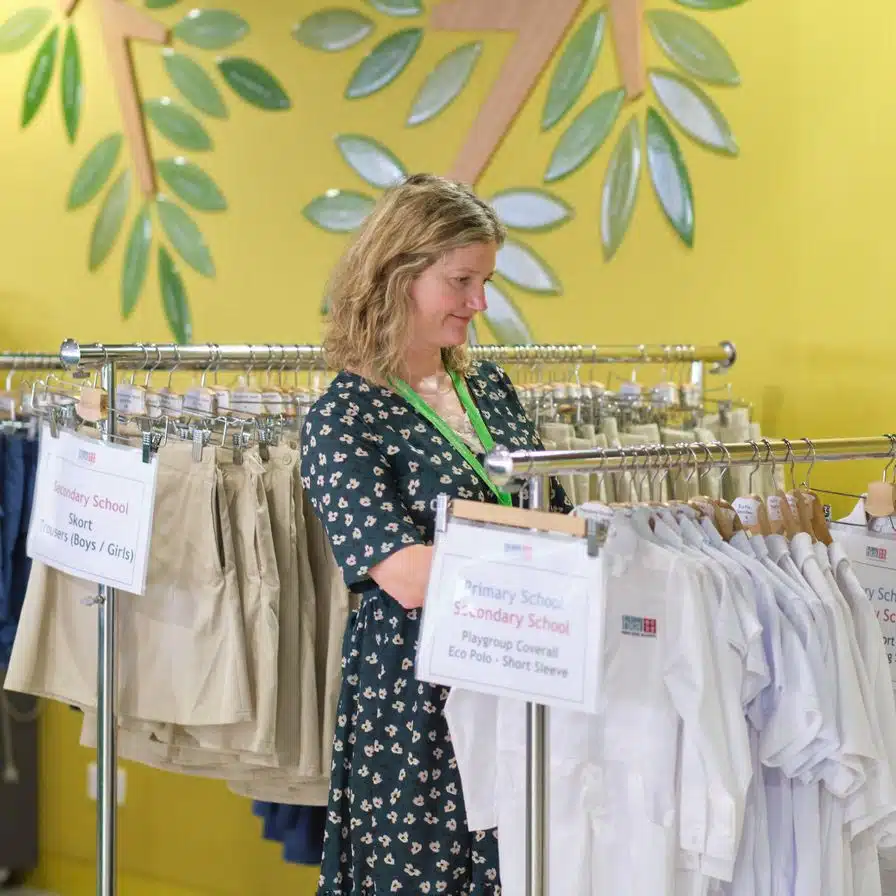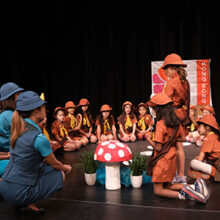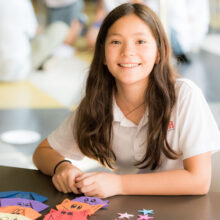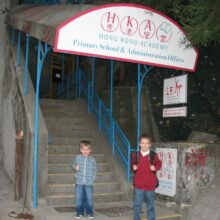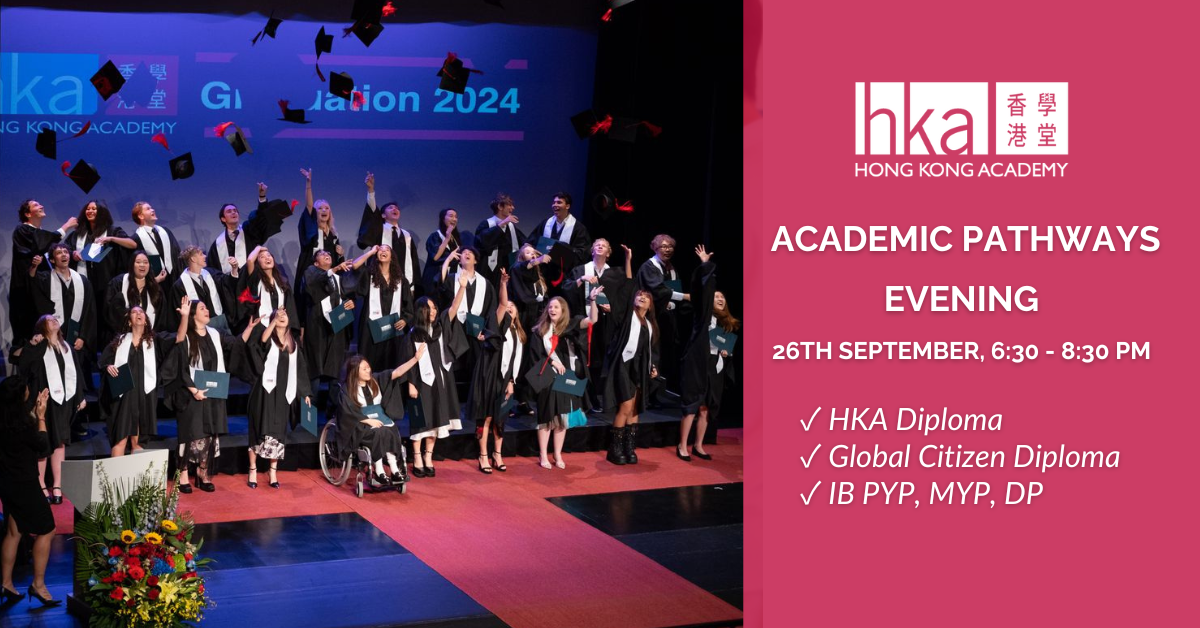ENGLISH LANGUAGE LEARNERS
The goal of our English as an Additional Language (EAL) programme is to accelerate student acquisition of English enabling them to fully access the curriculum.
Language diversity is one feature of our intercultural community. Our students represent over 40 nationalities, and 60% of them speak two or more languages at home. Our approach to EAL support is to provide additional English language instruction to students who are still in the early stages of developing English as an academic language.
As an English-medium school, we specifically assess for English proficiency during the admissions process when deemed necessary. For any students who are identified for EAL support, EAL specialists work in collaboration with classroom teachers to provide differentiated instruction in order to increase English language proficiency.
Our Approach
UNDERSTANDING WHAT EAL STUDENTS ‘CAN DO’
As a member of the WIDA International School Consortium, we build on the strengths of EAL students as they continue to acquire and develop English language skills with a strong emphasis on what they can do at each stage of their journey. At the outset, an assessment is given to understand the student’s proficiency levels in English language reading, writing, speaking and listening comprehension. The EAL teacher determines the focus of student instruction and level of support required. This is based on assessments, observations, and teacher feedback. Each EAL student has an individualised learning plan. For younger children, language acquisition is best supported through in-class immersion with targeted, additional support. Older children may require more time-intensive language support.
Through the use of WIDA assessments, resources and ‘Can Do Descriptors’, we are able to measure student progress at various points in the year and adjust learning goals and instructional approaches accordingly. The outcome of our EAL support model is to exit students once they have reached levels of proficiency in English that ensure they can be independent and successful in the classroom.

